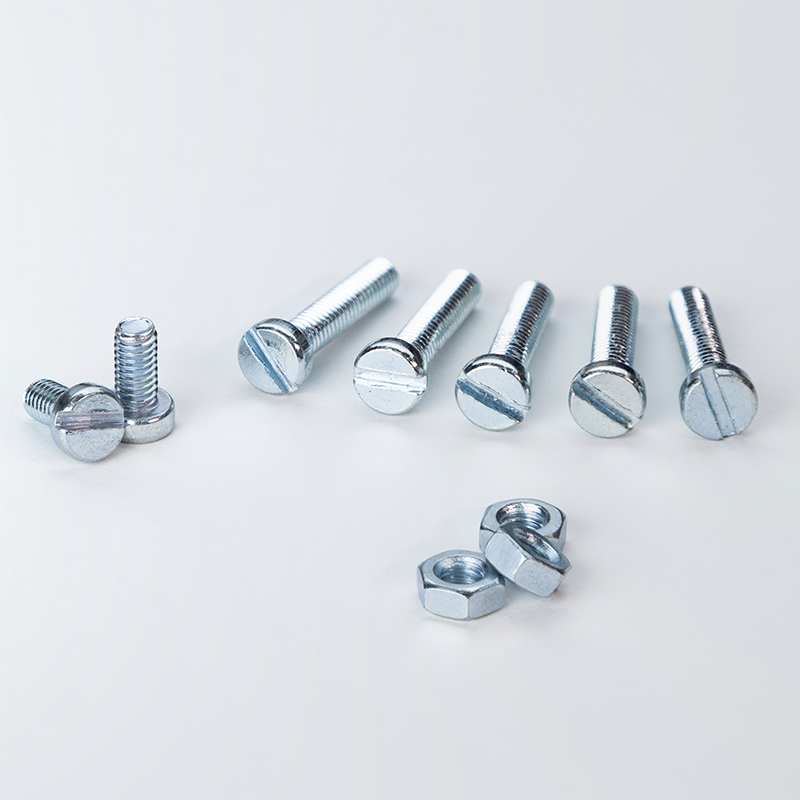Screws and bolts are two of the most commonly used fasteners in a variety of applications. Although they serve the same purpose, namely to hold objects together, there are distinct differences between the two. Knowing these differences can ensure you are using the correct fasteners for your project.
From a technical point of view, both screws and bolts are fasteners that rely on the principles of rotation and friction to firmly connect parts. Colloquially, however, there is a common misconception that the terms are interchangeable. In fact, screw is a broader term covering various types of threaded fasteners, while bolt refers to a specific type of screw with unique characteristics.
Typically, screws feature external threads that can be easily driven into the material with a screwdriver or hex wrench. Some of the most common screw types include slotted cylinder head screws, slotted countersunk head screws, Phillips countersunk head screws, and hex socket head cap screws. These screws usually require a screwdriver or hex wrench to tighten.
A bolt, on the other hand, is a screw designed to fasten objects by screwing directly into a threaded hole in a connected part, eliminating the need for a nut. Bolts generally have a larger diameter than screws and often have cylindrical or hexagonal heads. The bolt head is usually slightly larger than the threaded portion so that it can be tightened with a wrench or socket.
Slotted plain screws are a common type of screw used to join smaller parts. They come in a variety of head shapes, including pan head, cylindrical head, countersunk and countersunk head screws. Pan head screws and cylinder head screws have higher nail head strength and are used for common parts, while countersunk head screws are usually used for precision machinery or instruments that require a smooth surface. Countersunk screws are used when the head is not visible.
Another type of screw is the hex socket head cap screw. The heads of these screws have a hexagonal recess that allows them to be driven with a corresponding hex key or Allen key. Socket head cap screws are often favored for their ability to burrow into components, providing greater fastening force.
In conclusion, while screws and bolts serve the same purpose of fastening objects together, there are distinct differences between the two. Screw is a broader term that includes various types of threaded fasteners, while bolt refers to a specific type of screw that screws directly into a component without the need for a nut. Understanding these differences will help ensure you select the correct fastener for your application.
Post time: Jul-13-2023


